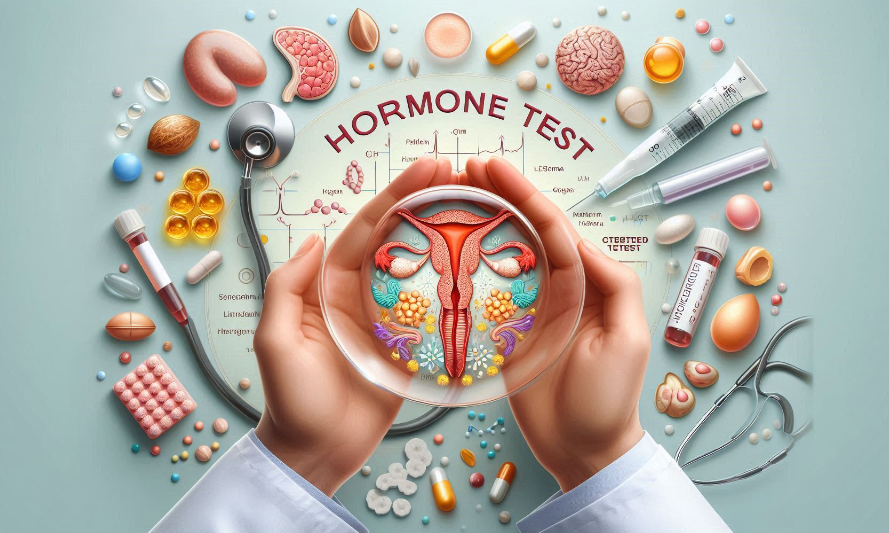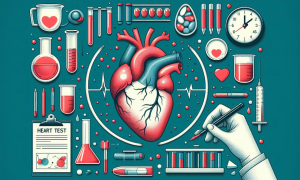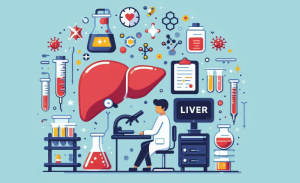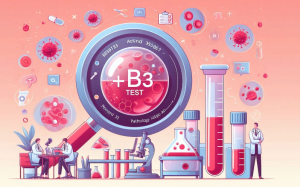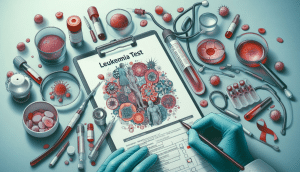What is a Hormone Test?
A hormone test measures the levels of specific hormones in your blood, urine, or saliva. Hormones are chemical messengers produced by various glands in the endocrine system. They travel through the bloodstream to different organs and tissues, regulating various bodily functions such as growth and development, metabolism, mood, sleep, and reproduction.
Why Do You Need a Hormone Test?
Hormone tests are performed for a variety of reasons, including:
- Diagnosing hormonal imbalances: When you experience symptoms suggestive of hormonal imbalances, such as irregular menstrual cycles, infertility, fatigue, mood swings, or changes in sexual function, a hormone test can help identify the underlying cause.
- Monitoring hormone replacement therapy: If you’re undergoing hormone replacement therapy, regular testing is necessary to ensure the medication is at the correct dosage.
- Evaluating specific health conditions: Hormone tests can aid in the assessment of conditions like thyroid disorders, diabetes, adrenal gland problems, and certain types of cancers.
- Monitoring pregnancy: Certain hormone levels, like hCG and progesterone, are monitored during pregnancy to track fetal development and overall maternal health.
What Does a Hormone Test Measure?
The specific hormones measured depend on the reason for testing and your individual circumstances. Common hormone tests include:
- Thyroid hormones: T3, T4, and TSH levels assess thyroid function.
- Sex hormones: Estrogen, progesterone, and testosterone levels are important for reproductive health and overall well-being.
- Cortisol: This stress hormone is evaluated to assess adrenal gland function.
- Growth hormone: This hormone influences growth and development.
- Insulin: This hormone regulates blood sugar levels and is relevant for diabetes management.
Preparing for the Test
Preparation can vary depending on the specific hormone being tested. In general:
- Fasting: Some hormone tests require fasting for a specific duration before the test. Your healthcare provider will provide instructions.
- Medications: Inform your doctor about all medications and supplements you are taking, as some might affect hormone levels.
- Timing: Some hormones fluctuate throughout the day or menstrual cycle. Your healthcare provider might advise taking the test at a specific time.
Understanding the Results
Normal hormone levels vary depending on various factors such as age, sex, and medical history. Your healthcare provider will interpret your results in the context of your individual situation.
- Low or high levels: Abnormal hormone levels might indicate a hormonal imbalance or underlying medical condition. Your healthcare provider will discuss the implications and necessary steps for further evaluation or treatment.
- Normal levels: Indicate healthy hormone levels.
Risk Factors and Prevention
Several factors can increase the risk of hormonal imbalances:
- Age: Hormone levels naturally fluctuate throughout life, particularly during puberty, pregnancy, and menopause.
- Stress: Chronic stress can impact hormone production.
- Chronic diseases: Conditions like diabetes, thyroid disorders, and autoimmune diseases can affect hormone balance.
- Medications: Certain medications can influence hormone levels.
- Environmental factors: Exposure to certain chemicals and toxins might disrupt hormone function.
Preventing hormonal imbalances involves a healthy lifestyle:
- Balanced diet: Eat a nutritious diet rich in fruits, vegetables, and whole grains.
- Regular exercise: Aim for at least 30 minutes of moderate-intensity activity most days.
- Stress management: Practice relaxation techniques like meditation or yoga.
- Healthy sleep: Aim for 7-8 hours of quality sleep each night.
- Regular check-ups: See your healthcare provider for routine check-ups and discuss any symptoms you experience.
Remember, hormones play a crucial role in overall health and well-being. If you suspect any hormonal imbalance, consult your healthcare provider for proper evaluation and management.

 7351982473
7351982473